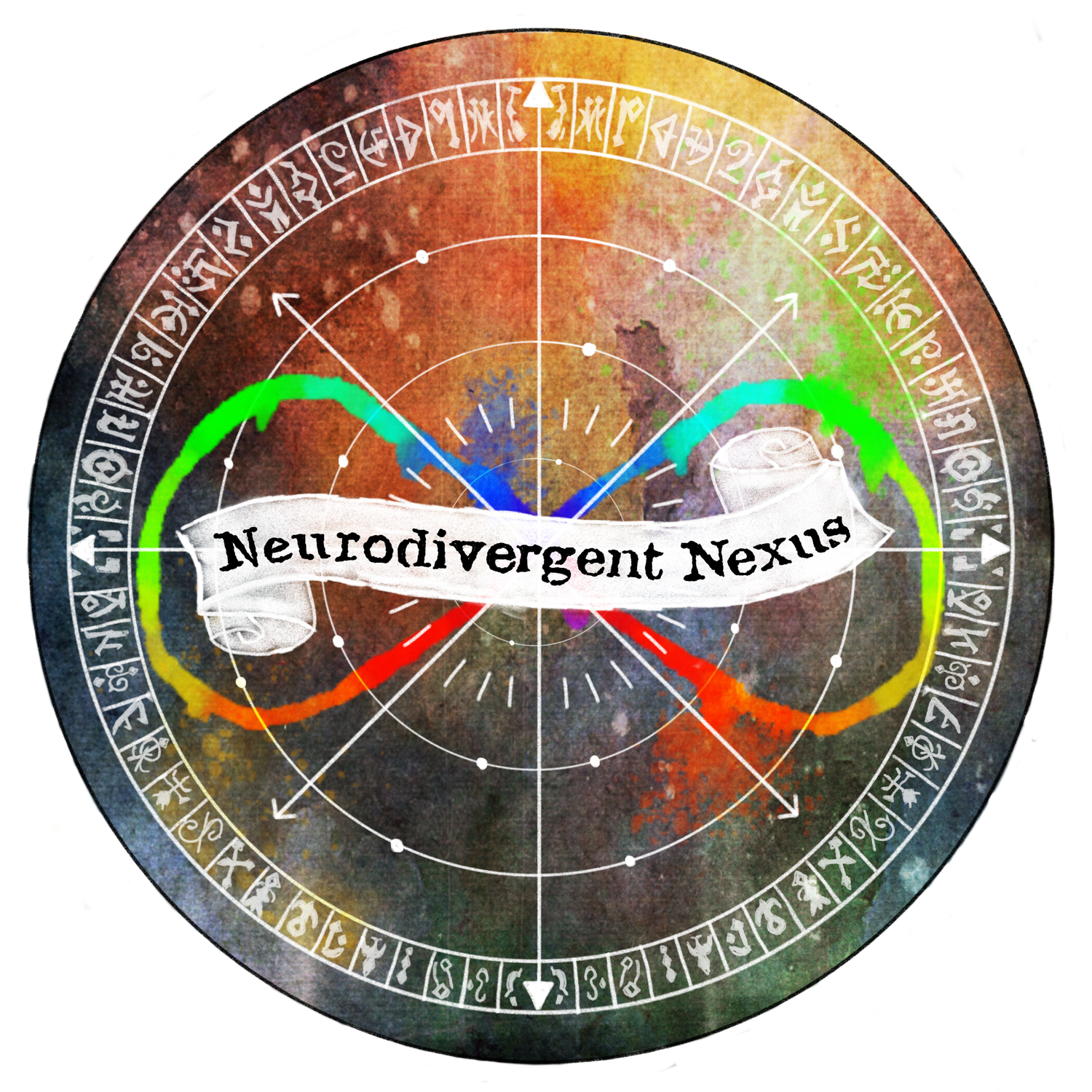
Most EBPs and published research were not designed or developed with input from BIPOC, Disabled, or Queer individuals, resulting in our approaches perpetuating biases, reinforcing systemic inequalities, and causing harm to marginalized communities. It’s a reality we cannot ignore and the clock is ticking.
How Current Mainstream EBP Approaches Perpetuate Inequity + Injustice (Updated 2024)
The Hidden Bias in Evidence-Based Practice
When an intervention is determined to be effective, who is the intervention actually effective for? Is it effective for the Neurodivergent individual based on their hopes, dreams, and input, or is it deemed effective by the non-Disabled researcher or practitioner based on what they assume to be important for the Disabled individual? What are the outcomes listed within the article, and who exactly is defining those outcomes? As shown in the illustration above, the issues with most EBP approaches extend beyond the research component and permeate the other two critical elements: clinical expertise and the client’s circumstances and values. Evidence-based practice has three components, including best research evidence, clinical expertise and experience, and the client’s unique circumstances. Current evidence-based practices often fail to prioritize the lived experiences of neurodivergent individuals, and neurodivergent narratives should be the core and central element of EBP.
Problems with Research Evidence (Most research is shaped by the medical model of disability)
Exclusion of neurodivergent voices in neurodivergent research leads to ableist biases in study design
There is a significant absence of neurodivergent lived experiences in research
Harmful outcome measures; prioritization of neurotypical ways of living
Research fixates on reducing or eliminating disability vs honoring disability as an identity
Empiricism is culturally rooted, prioritizing dominating Western and neurotypical culture within research
Problems with Client Circumstances + Values (Practitioner perceptions are shaped by stigma, bias, and prejudice)
Practitioner perceptions of the client's values, experiences, and vulnerably shared contexts tainted by ableism
Perceptions often pathologizes disability, prioritizing their own perceptions of "normalcy" over the client's autonomy and their hopes and dreams
Failure to recognize and address the client's trauma
Practitioner imposes their own judgments on the client's lived experiences, undermining client-centered care
Problems with Clinical Experience + Expertise (Clinical reasoning rooted in ableism)
Education and experiences steeped in ableism
The medical model of disability positions the practitioner as the expert on the client's neurodivergence
Ableist assumptions lead to biased evaluations, where neurodivergent occupations are identified and treated as deficits that need to be corrected
Inadequate consideration of environmental factors
Stigmatizing beliefs leads to practices based on neurotypical standards
Misinterpretation of the client's adaptive responses and reducing such responses as
"behavioral"
How Current Mainstream EBP Approaches Perpetuate Inequity + Injustice
Incorporates a cycle of:
Most Practices are Created Without Neurodivergent Input -> Without the inclusion of neurodivergent voices, practices are built on assumptions and not lived experiences Practices created without neurodivergent input are inherently flawed, reflecting outsider perspectives rather than the realities of neurodivergent lives.
Practices Target Neurotypical Outcomes -> Setting neurotypical standards as the benchmark erases neurodivergent identities, pushing clients toward conformity that suppresses neurodivergent growth. When practices aim for neurotypical outcomes, they fail to respect the unique ways neurodivergent individuals experience the world.
Prioritization of Deficit-Based Narratives Over Client-Centered Approaches -> Deficit-based approaches view neurodivergent traits and ways of living as abnormalities that need fixing, reinforcing stigma, harmful stereotypes, and diminished opportunities for neurodivergent development. Emphasizing deficits fosters a negative self-image among neurodivergent individuals, obstructing access to meaningful and empowering supports.
Marginalization of Neurodivergent Voices -> Superficial inclusion of neurodivergent perspectives allows neurotypical biases to dominate, perpetuating barriers to genuine understanding and equity. Resulting practices reflect tokenism if voices are included at all rather than true collaboration, undermining the true "effectiveness" of the practices.
Perpetuation of Systemic Ableism, Inequity, + Occupational Injustice -> Failure to address intersectionality in practice compounds harmPractices that ignore the broader context of systemic inequities contribute to the cycle of oppression, deepening disparities in health and well-being.
Given much of our practices have ableist biases or exclude neurodivergent individuals from the research process, we must critically question the meaningfulness of our published research, the extent research influences our decisions, and how we practice as OTPs. An alternative (or at least a supplement) to EBP is an equitable evidence framework, which incorporates concepts from community-defined evidence practice, lived-experience informed practice, and other components deemed essential by the disability community. This framework will be available soon, so stay tuned!
References
Carlson-Giving, B. (2023). Embracing neurodivergent occupations and empowering disabled voices: A knowledge translation tool to support neurodiversity-affirming occupational therapy practice and challenge ableism within the profession. (Doctoral thesis). Boston University Research Repository. https://open.bu.edu/handle/2144/46622
Martinez, K., Callejas, L., & Hernandez, M. (2010). Community-defined evidence: A bottom-up behavioral health approach to measure what works in communities of color. Emotional & Behavioral Disorders in Youth, 11–16. https://www.engagelivinglab.org/wp-content/uploads/2021/04/Community-Defined-Evidence-Martinez-et-al-2010.pdf.
Tawa, K. (2020). Redefining evidence-based practices: Expanding our view of evidence. https://www.clasp.org/wp-content/uploads/2022/01/Evidence-Based-Practice-Brief_05152020.pdf
Wise, S. J. (2023). Lived experience informed practice: An alternative to evidence-based practice. https://medium.com/@livedexperienceeducator/lived-experience-informed-practice-an-alternative-to-evidence-based-practice-23a60e35602f


